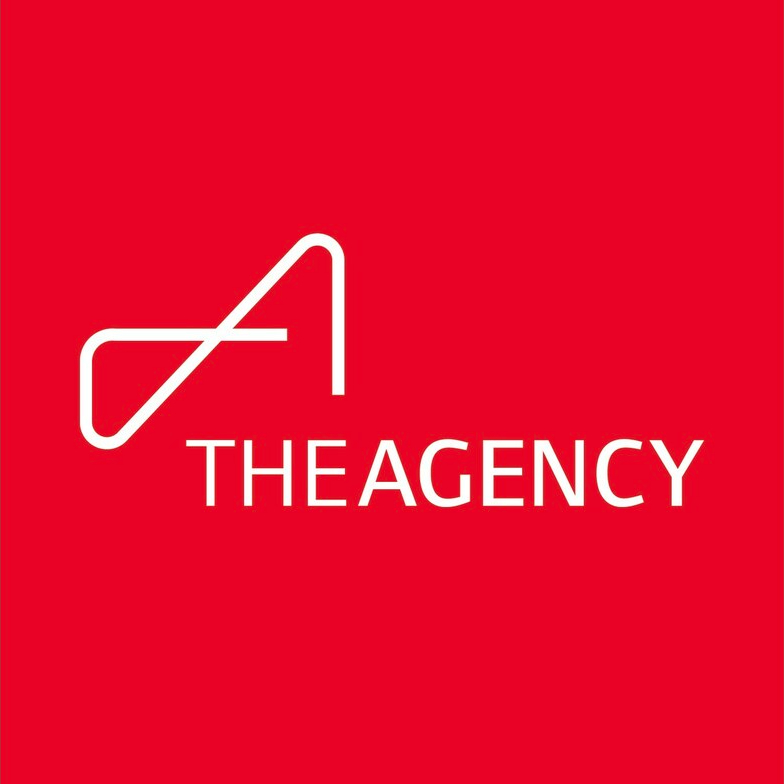Looking to build a life in Canada? Let us guide you to the home that fits your future.
Are you considering making the move from the United States to Canada? Whether you're drawn by the stunning landscapes, the welcoming communities, or the excellent quality of life, Canada has a lot to offer. This guide will walk you through the essential steps for moving to Canada, including immigration and home purchase information, with a special focus on British Columbia.
Immigration Information
1. Express Entry System
The Express Entry system is one of the most popular pathways for skilled workers to gain permanent residency in Canada. It is a points-based system that evaluates candidates based on factors such as age, education, work experience, and language proficiency. There are three main programs under Express Entry:
• Federal Skilled Worker Program (FSWP)
• Canadian Experience Class (CEC)
• Federal Skilled Trades Program (FSTP)
To apply, you need to create an online profile and submit it to the Express Entry pool. Candidates with the highest scores are invited to apply for permanent residency.
2. Provincial Nominee Program (PNP)
Each Canadian province and territory have its own immigration programs that target specific needs. If you have a particular province in mind, and you have confirmed employment with a BC employer, you can apply through their Provincial Nominee Program. Being nominated by a province can significantly boost your chances of being invited to apply for permanent residency. In British Columbia, the BC Provincial Nominee Program (BC PNP) offers streams for skilled workers, international graduates, and entrepreneurs.
3. Family Sponsorship
If you have family members who are Canadian citizens or permanent residents, they can sponsor you to come to Canada. This is a popular option for those looking to reunite with family members. These family members are generally, spouses, common law partners, children under 22, parents and grandparents.
Regulatory Rules for Moving Funds from US Banks to Canadian Banks
1. Reporting Requirements
When transferring funds from US banks to Canadian banks, it's essential to be aware of the reporting requirements. Any transfer of $10,000 CAD or more must be reported to the Financial Transactions and Reports Analysis Centre of Canada (FINTRAC). This includes both electronic funds transfers (EFTs) and physical transfers of cash.
2. FINTRAC Compliance
FINTRAC requires financial entities, money services businesses, and casinos to report international electronic funds transfers of $10,000 CAD or more. This helps prevent money laundering and terrorist financing. When transferring funds, ensure that all required information, such as the name, address, and account number of the originator and beneficiary, is included.
3. Tax Implications
When bringing large sums of money into Canada, it's important to understand the tax implications. Generally, gift money is not taxed, but funds received from business transactions or the sale of an asset may be subject to capital gains tax. It's advisable to consult with a tax professional to ensure compliance with both US and Canadian tax laws.
Qualifying for a Mortgage from a Canadian Bank
1. Using U.S. Income to Qualify
If you earn income in the United States, you can still qualify for a mortgage in Canada. Lenders will require additional documentation to verify your income, such as recent pay stubs, W-2 forms, IRS tax returns for the past two years, employment verification letters, and bank statements showing consistent deposits.
2. Credit Score Requirements
Canadian lenders will evaluate your credit history to determine your eligibility for a mortgage. While Canadian credit history is preferred, some lenders may consider your U.S. credit history. It's advisable to build a Canadian credit profile in advance for smoother approval. The minimum credit score needed for a mortgage in Canada typically ranges from 620 to 680, depending on the lender and the type of mortgage.
3. Equifax and TransUnion
In Canada, credit scores are generated by two nationwide credit monitoring agencies: Equifax and TransUnion. Both agencies offer FICO (Fair Isaac Corporation) credit scores using the formula developed by Fair and Isaac. Your credit score is based on factors such as payment history, credit utilization, length of credit history, types of credit used, and recent credit inquiries. It's important to maintain a good credit score to increase your chances of mortgage approval and secure favorable interest rates.
Additional Information Specific to British Columbia
1. Understanding the Local Real Estate Market
British Columbia's real estate market is diverse, with significant differences between urban and rural areas. Major cities like Vancouver and Victoria have higher property prices compared to smaller towns. It's essential to research the local market and understand the trends in the area where you plan to buy a home.
2. First-Time Home Buyer Incentives
British Columbia offers several incentives for first-time home buyers, including the First Time Home Buyers' Program, which helps reduce or eliminate the amount of property transfer tax you pay when purchasing your first home.
3. Climate and Lifestyle
British Columbia boasts some of Canada's most stunning landscapes, from the Pacific coastline to the Rocky Mountains. The province offers a wide range of outdoor activities, including skiing, hiking, and water sports. The climate varies significantly across the province, with coastal areas experiencing milder winters compared to the interior.
4. Employment Opportunities
British Columbia has a robust economy with opportunities in various sectors, including technology, healthcare, education, and tourism. The province's diverse economy makes it an attractive destination for skilled workers.
Who can I contact for more information?
- David Aujla is a highly experienced Canadian immigration lawyer based in Victoria, BC. With over 40 years of practice, he has helped countless clients navigate the complexities of immigration law. David is known for his dedication, expertise, and personalized approach, ensuring that each client receives the best possible guidance and support throughout their immigration journey. Whether you're seeking assistance with spousal applications, permanent residency, or other immigration matters, David Aujla's extensive knowledge and commitment to his clients make him a trusted choice for all your immigration needs.
- For accounting and financial consulting, MNP is a proudly Canadian firm offering a full suite of accounting, tax, consulting and financial advisory services. Local in focus and national in scope, MNP offers a small firm culture and strategic local insight backed by the expertise and resources of a large national firm with 152 offices across Canada. Through partner-led engagements, MNP’s professionals provide clear, straightforward business advice and personalized strategies to help you succeed.
For those considering moving from the USA to Canada, MNP's expertise in cross-border tax and financial planning ensures a smooth transition. Their dedicated is committed to providing personalized solutions and exceptional service to help clients achieve their financial goals.
Conclusion
Moving to Canada from the United States is an exciting journey filled with opportunities. By understanding the immigration process, the steps involved in purchasing a home, and the regulatory rules for transferring funds, you can make a smooth transition to your new life in Canada. If you have any questions or need assistance, feel free to reach out to me. I'm here to help you every step of the way.

